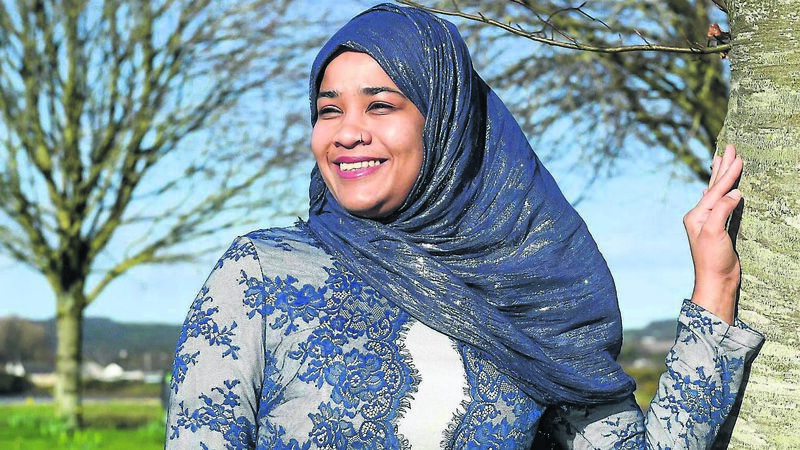'When you live in a direct provision centre, it’s like you are bound’

Miriam Raja, who now lives in Midleton, Co Cork: 'I think abolishing provision centres will allow people to be independent. It will help them to join in with the community, and be themselves.' Picture: David Keane
It is almost a year since the publication of a white paper to abolish direct provision and while there are signs of progress, those in the system still feel no tangible change.














